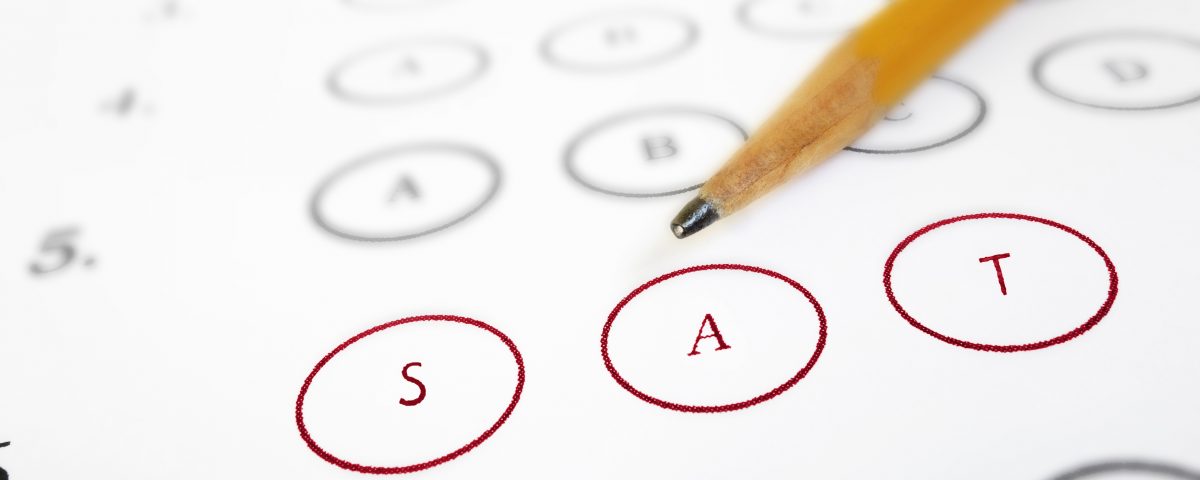4 Guaranteed Ways to Score Low on the SAT

Should Your Child Retake the SAT? Here’s What You Need to Know
November 11, 2024
How Tutoring Transforms the Learning Journey for Students with Disabilities
December 1, 20244 Guaranteed Ways to Score Low on the SAT
Despite the abundance of SAT prep resources available, too many students still approach the exam without a solid preparation plan. Some blame nerves or even their SAT tutor when their scores don’t reflect their potential. However, most disappointing scores stem from ineffective preparation. Want to know how to avoid these mistakes? Here are four ways almost guaranteed to result in a low SAT score—essentially, four things you absolutely must avoid.
1. Skipping a Comprehensive Study Plan
You’ve bought some practice books and told yourself that you’ll buckle down this weekend. You sit at your desk, ready to tackle a few sample questions. But then what? Answering a handful of questions isn’t enough to ensure success on test day. Excelling on the SAT requires more than basic knowledge; it demands endurance, problem-solving skills, and an understanding of both your strengths and areas for improvement.
Structured test prep courses can help you develop a targeted study plan, breaking down complex concepts and reinforcing time management techniques. Are you prepared for the four-hour mental marathon that is the SAT? Consistent, thoughtful preparation will help you build the focus and stamina you’ll need to reach the finish line without burning out.
2. Attempting to Cram the Week Before the Test
You’re a great reader, know your grammar, and maybe even enjoy tackling new vocabulary words. Math? You get to use a calculator for part of the test, so how hard could it be? Don’t fall into the trap of thinking you can get by with last-minute cramming.
Cramming for the SAT is about as effective as a marathon runner training by jogging 5 miles a day for a week. The SAT’s time constraints, tricky question structures, and need for a calm, focused mindset mean that cramming simply won’t cut it. Instead, plan to start your SAT preparation 8 to 12 weeks in advance, allowing time for regular practice and thorough review.
Effective test prep courses will help you:
- Challenge yourself with rigorous practice questions.
- Commit to daily review and practice exams.
- Use quizzes to reinforce your knowledge.
- Repeat, ask questions, and seek clarification until you’re ready.
3. Skipping Full-Length Practice Exams Before Test Day
What’s it like to tackle a 4-hour exam under strict time constraints? For many, the experience can be exhausting and stressful. If the SAT could impact your college admissions, it’s even more essential to be prepared for the real thing.
On test day, you’ll likely find yourself in a room filled with other students, all anxious and concentrating. Practicing at your desk at home won’t give you the stamina or confidence you’ll need to perform well under actual test conditions. Realistic SAT simulations provided by test prep courses can help you build resilience, manage time under pressure, and anticipate the experience so there are no surprises.
4. Assuming Natural Intelligence Alone Will Get You Through
You’re scoring high in your school classes and ace quizzes effortlessly. You know the themes of Macbeth and can solve geometry problems in your sleep. Unfortunately, a high GPA and good grades won’t guarantee a top SAT score. The SAT challenges your analytical skills, endurance, and ability to work effectively under time constraints, making it a different experience from typical classroom tests.
Students who consistently prepare with SAT-specific practice can learn strategies for tackling questions efficiently, balancing speed with accuracy, and maintaining focus for extended periods. Test prep not only equips you with strategies but also prepares you mentally for the unique demands of the SAT. So, don’t just rely on past academic success—embrace rigorous preparation, and stay humble about the test’s challenges.
Secure Your Goal Score
Diligent, consistent preparation is the only way to ensure you’re fully prepared for the SAT. Study hard, stay committed, and take advantage of the best resources available. Once you feel ready—keep practicing. Preparation doesn’t just end; it evolves as you work toward your goal.


